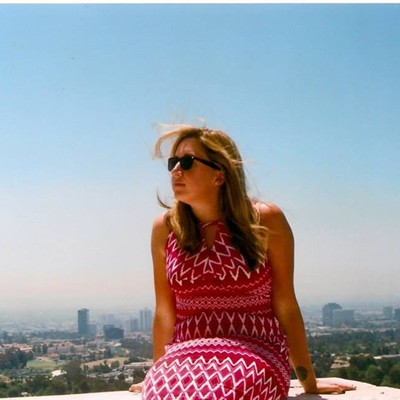In 1984, a Supreme Court case took on an issue similar to the assertion that Occupy Denver's use of tents can be considered symbolic speech. On Saturday, protesters set up and decorated three tents with symbolic symbols -- Gandhi quotes, the anarchy symbol, "99%." But those tents, like all the previous ones, attracted immediate negative attention from riot police, who removed the tents and arrested twenty people during an evening of cat and mouse from Civic Center Park through the 16th Street Mall.
The 1984 case, however, offers the benefit of hindsight. In 1982, the National Park Service allowed the nonprofit homeless shelter Community For Creative Non-Violence to establish two symbolic tent cities, with a permit, in Lafayette Park and the National Mall. However, the approval came with fine print: Demonstrators could set up the tents, but they couldn't sleep in them. Any attempt to do so violated area regulations allowing camping only in established campgrounds, an official sector that did not include the areas where the symbolic tents were set up. The issue went through several courtrooms before finally appearing in front of the judicial head honchos in 1984, at which point it was settled in favor of the National Park Service. Nadler, the president of the Colorado chapter of the National Lawyers Guild, points to Supreme Court Justice Byron White's decision in favor of limiting the symbolic speech to prohibit sleeping inside the tents:"The issue in this case is whether a National Park Service regulation prohibiting camping in certain parks violates the First Amendment when applied to prohibit demonstrators from sleeping in Lafayette Park and the Mall in connection with a demonstration intended to call attention to the plight of the homeless. We hold that it does not... Petitioners submit, as they did in the Court of Appeals, that the regulation forbidding sleeping is defensible either as a time, place, or manner restriction or as a regulation of symbolic conduct. We agree with that assessment... In the first place, we seriously doubt that the First Amendment requires the Park Service to permit a demonstration in Lafayette Park and the Mall involving a 24-hour vigil and the erection of tents to accommodate 150 people. Furthermore, although we have assumed for present purposes that the sleeping banned in this case would have an expressive element, it is evident that its major value to this demonstration would be facilitative. "
What does this mean for Occupy Denver? The decision affects the ACLU's efforts or ability to file an eventual lawsuit against the city and state, if the group is so inclined. Because Occupy Denver also hopes to sleep in the tents as a refuge from the cold, the decision also puts a pretty big damper on the possibility of using the symbolic speech argument again in this case.
"It's okay for people to erect tents to make money for business or charities or that kind of thing, but it's not okay for them to erect them in order to protest their government for a redress of grievances," Nadler says. "This all goes to show that we have a corporate state, not a people state."
For more information about this Supreme Court decision, read the document below: Clark v Community for Creative Non-Violence
More from our Occupy Denver archives: "Occupy Denver: Highest bond rate yet, photojournalist among 20 arrested."











